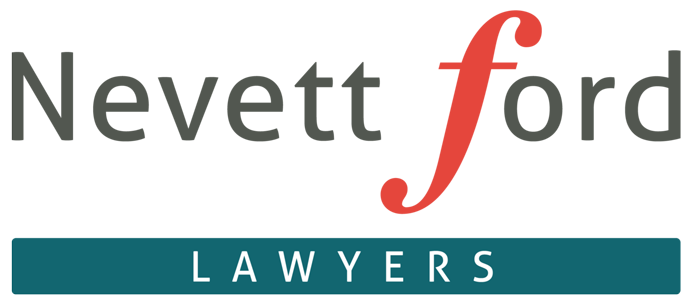The world of Wills and Estates can be confusing so we have put together a list of common phrases you may come across when dealing with a Will, Estate Planning or in the administration of a deceased estate.
| Administrator | A person appointed by the court to act as the legal personal representative of an intestate estate. |
| Beneficiary | A person who receives a benefit under a Will or pursuant to intestacy rules/laws. |
| Bequest | A gift of personal property (the term ‘gift’ is more commonly used). |
| Codicil | A testamentary document which is supplementary to a Will which modifies, varies or confirms the contents of the Will. |
| De Facto or Domestic Relationship | A relationship between two people who are not legally married but are living together as partners. There are further requirements to meet the definition of these relationships which can be found in various legislation including the Family Law Act 1975 (Cth). |
| Devise | A gift of real property (the term ‘gift’ is more commonly used). |
| Estate | The total assets and property of a deceased which is to be administered by his/her legal personal representative after payment of all debts and claims have been settled. |
| Executor or Executrix | The person(s) who the Willmaker appoints to administer his/her estate. |
| Family Provision | The statutory scheme which enables the Supreme Court of Victoria to intervene in an estate to make further and better provision for persons who are not already adequately provided for. |
| Guardian | The person appointed to be legally responsible for children under the age of 18 years. |
| Gift | A specific asset or sum of money that is left to a person or organisation in a Will. |
| Grant of Probate | A certificate granted by the Supreme Court of Victoria which recognises a deceased’s Will is valid and authorises the executor appointed there in to act as legal personal representative. |
| Grant of Representation | A Grant made by the Supreme Court of Victoria which appoints a legal personal representative of a deceased estate (for example, a Grant of Probate or Letters of Administration). |
| Intestate | When a person has died without having made a valid Will or who fails to dispose of some or all of their property in a Will. |
| Intestacy Rules/Laws | When a person dies intestate, there is a statutory regime which dictates how their estate is to be distributed. In Victoria, this is contained in the Administration and Probate Act 1958 (Vic), |
| Legacy | A gift of money (not commonly used in modern practice). |
| Legal Personal Representative | The person appointed to administer the estate (executor or administrator). They are required to step into the shoes of the deceased for the purposes of disposing of property and dealing with any legal issues. |
| Letters of Administration | If a person dies intestate, a person may apply for Letters of Administration to the Supreme Court of Victoria for authority to act as legal personal representative of the estate. |
| Letters of Administration with Will Annexed | Similar to a Grant of Probate however the Will has not appointed an executor or the personal applying to be legal personal representative is not the person appointed as executor in the Will. |
| Minor | A child under the age of 18 years. |
| Residual Estate | After payment of all debts, claims, funeral and testamentary expenses and after all gifts have been provided for, the remaining assets are the residual estate. |
| Spouse | A person who is legally married. |
| Testamentary Trust | A trust created by a Will which will only commence upon death and provides a hold on assets so that an appointed Trustee can eventually distribute the assets to beneficiaries at such time as the trust provides (eg: upon the age of 21 years, etc). |
| Testate | When a person has died with a valid Will. |
| Testator or Testatrix | See Willmaker. |
| Trustee | A person or organisation that hold property for another on Trust. |
| Will | A legal document which disposes of property intended to take effect on death. To be valid, a Will must be in writing and it must be executed in compliance with certain formalities set down in legislation. |
| Willmaker | The person who makes the Will. Is also known as a testator or testatrix. |
Our wills and estates lawyers in Melbourne can assist you in a range of matters including:
- advice on business and family succession structures,
- preparation of simple and complex Wills and testamentary trust arrangements,
- succession and estate planning advice and structures,
- management of family disputes and contested Wills,
- Powers of Attorney and other structures to assist flexibility with your personal and business affairs,
- estate administration, Probate and Letters of Administration, and
- restructuring
If you need assistance with any of these matters, please do not hesitate to contact us on 03 9614 7111 or email melbourne@nevettford.com.au.
